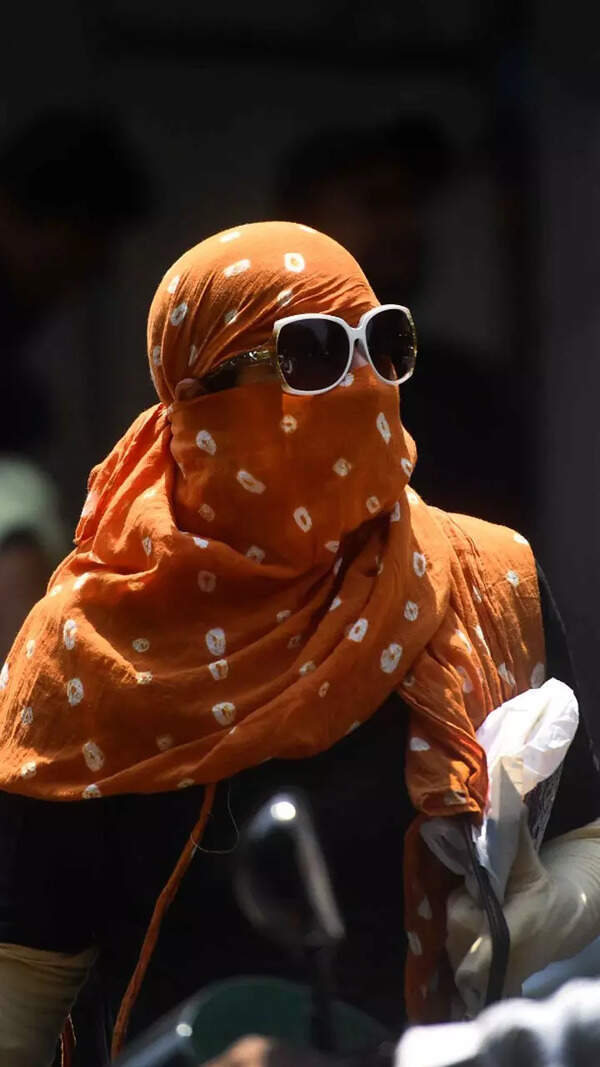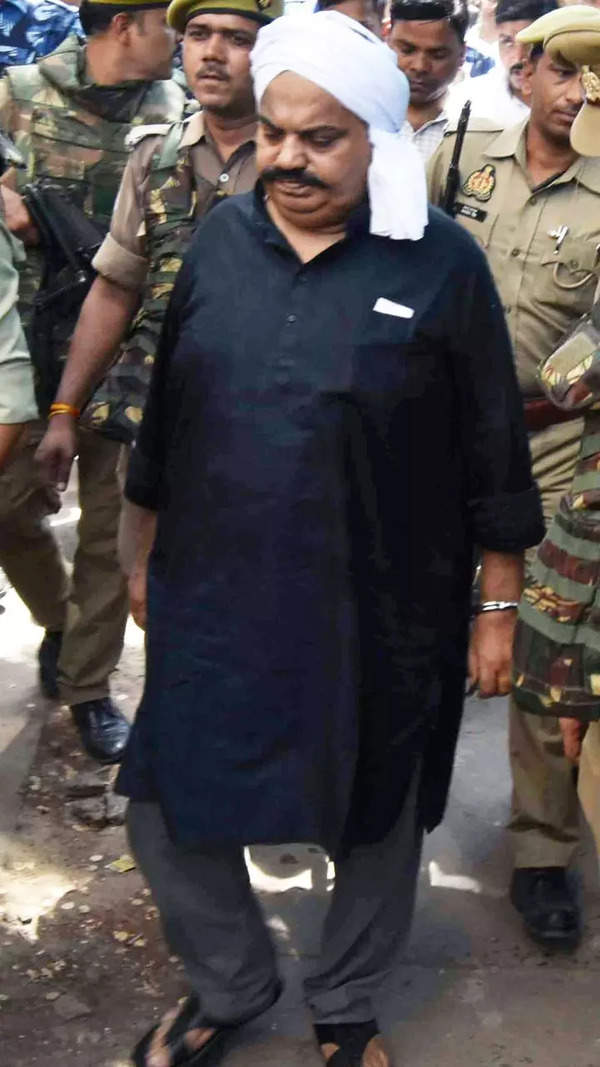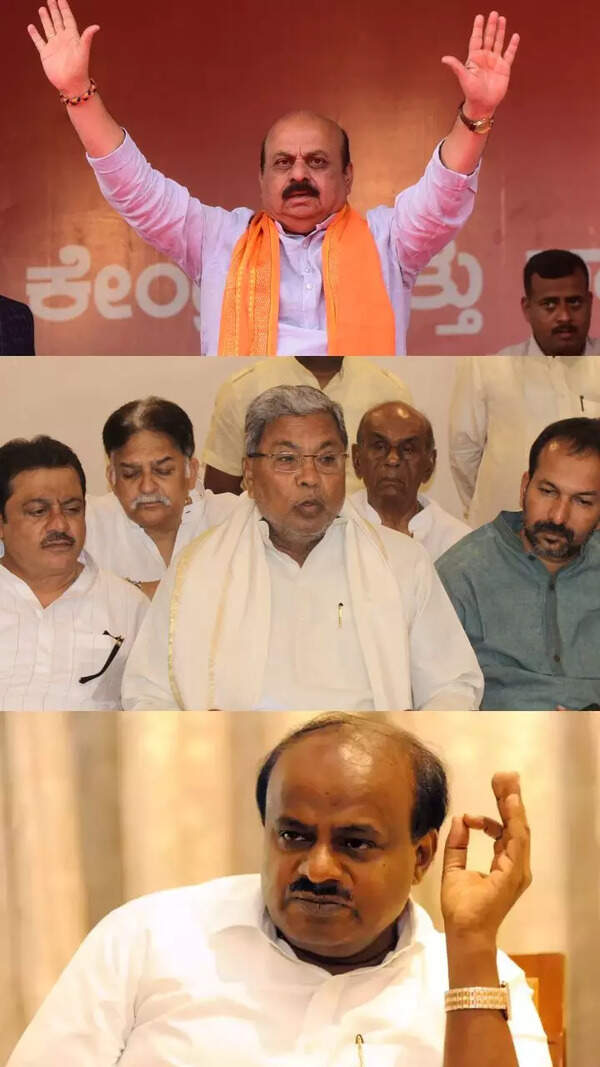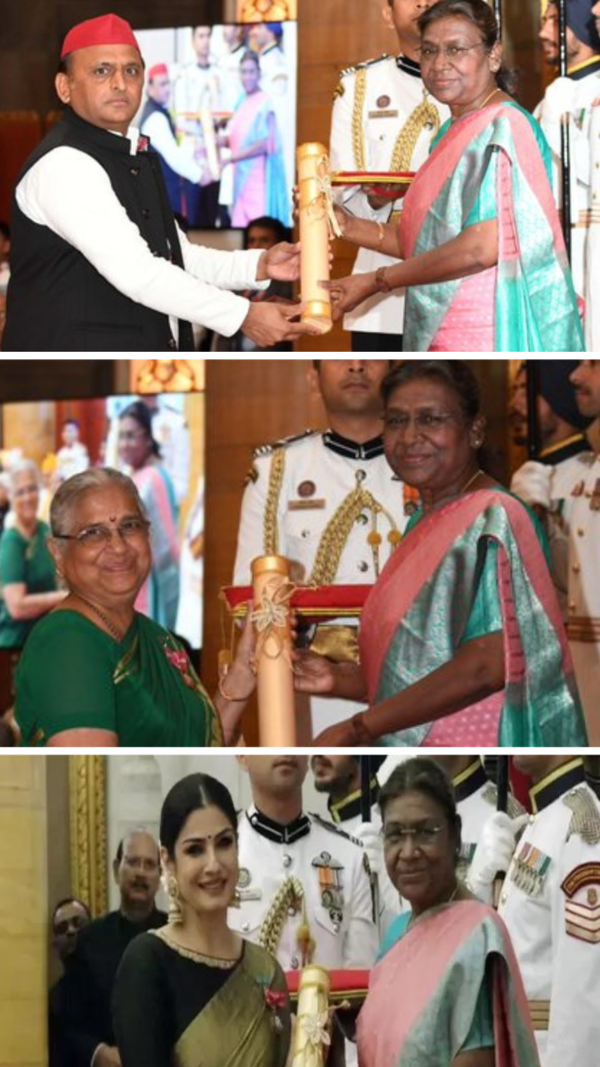- News
- India News
- Despite transplants, these athletes will compete on world stage
Trending Topics
Despite transplants, these athletes will compete on world stage
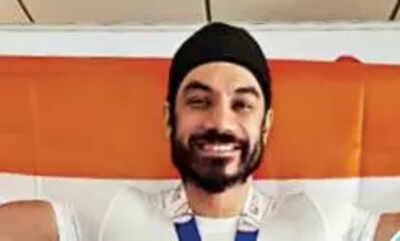
On December 5, 2015, Karhun Nanda’s life took a dramatic turn. Nanda, a state-level football player who was then 42, had just returned home from a three-hour game of football when he felt an intense pain in the abdomen. “I initially thought it was a case of bad acid reflux. But soon the pain became so bad that I couldn’t get up,” he says. Nanda says he suffered eight heart attacks in the ambulance and even flatlined in the hospital for a few minutes; fortunately, doctors were able to revive him. Six months later, Nanda was told he had third-stage congestive heart failure. “The doctor said a transplant was my only option,” he says.
Eight years and a heart transplant later, Nanda, now 50, is leading the 30-member Indian contingent at the World Transplant Games 2023, which brings together organ transplant recipients and donors from around the world. Being held in Perth, Australia, from April 15-21, the aim of the games is to spread awareness about organ donation and to demonstrate how fitness can be achieved even after a transplant.
With football ruled out because it is a high-cardio sport, Nanda is competing in the golf event. Gunning for gold in squash is 37-year-old Digvijay Singh Gujral who hails from Jabalpur, Madhya Pradesh. Gujral was born with a single working kidney. “But that too wasn’t functioning properly due to a condition called hydronephrosis, which is a blockage in the kidney,” he says. Diagnosed with chronic kidney disease, on March 4, 2011, Gujral underwent a transplant. In 2019, he participated in the World Transplant Games in the UK where he won a silver medal in squash, and now his sights are set on another medal.
What really drives him, he says, is his love for exercise. “I feel I am one of the fittest transplant patients in the world today,” says Gujral, who is bench-pressing up to 162kg and leg-pressing 563kg at the gym. Both Nanda and Gujral emphasise that their quality of life has not suffered following the transplant. Nanda says, “I am on immunosuppressants, but overall, I am doing everything a healthy person is doing. I travel, dance, play sports. I am addicted to golf. Coming from the days when I was wheelchair-bound to where I am today, it’s a miracle.” However, most athletes complained about lack of government support. One of them is 43-year-old Balveer Singh who, despite a kidney transplant in 2011, has won two gold medals and one silver in the past three editions of the games. Yet, Singh, who holds a government job, struggles to put together the finances. “I am winning medals for the country, but I have received no recognition from the government,” he says. Most participants have to depend on ORGAN India, a non-profit, for support or fund their own travel and expenses. At an event last month, Anika Parashar, founder-chairperson of ORGAN India asked, “Why is it that our govern -ment has not come forward and supported these athletes as they support the Olympics or Paralympics? Why are they not taking pride in transplanted athletes?”
Eight years and a heart transplant later, Nanda, now 50, is leading the 30-member Indian contingent at the World Transplant Games 2023, which brings together organ transplant recipients and donors from around the world. Being held in Perth, Australia, from April 15-21, the aim of the games is to spread awareness about organ donation and to demonstrate how fitness can be achieved even after a transplant.
With football ruled out because it is a high-cardio sport, Nanda is competing in the golf event. Gunning for gold in squash is 37-year-old Digvijay Singh Gujral who hails from Jabalpur, Madhya Pradesh. Gujral was born with a single working kidney. “But that too wasn’t functioning properly due to a condition called hydronephrosis, which is a blockage in the kidney,” he says. Diagnosed with chronic kidney disease, on March 4, 2011, Gujral underwent a transplant. In 2019, he participated in the World Transplant Games in the UK where he won a silver medal in squash, and now his sights are set on another medal.
What really drives him, he says, is his love for exercise. “I feel I am one of the fittest transplant patients in the world today,” says Gujral, who is bench-pressing up to 162kg and leg-pressing 563kg at the gym. Both Nanda and Gujral emphasise that their quality of life has not suffered following the transplant. Nanda says, “I am on immunosuppressants, but overall, I am doing everything a healthy person is doing. I travel, dance, play sports. I am addicted to golf. Coming from the days when I was wheelchair-bound to where I am today, it’s a miracle.” However, most athletes complained about lack of government support. One of them is 43-year-old Balveer Singh who, despite a kidney transplant in 2011, has won two gold medals and one silver in the past three editions of the games. Yet, Singh, who holds a government job, struggles to put together the finances. “I am winning medals for the country, but I have received no recognition from the government,” he says. Most participants have to depend on ORGAN India, a non-profit, for support or fund their own travel and expenses. At an event last month, Anika Parashar, founder-chairperson of ORGAN India asked, “Why is it that our govern -ment has not come forward and supported these athletes as they support the Olympics or Paralympics? Why are they not taking pride in transplanted athletes?”
Start a Conversation
FOLLOW US ON SOCIAL MEDIA
FacebookTwitterInstagramKOO APPYOUTUBE

